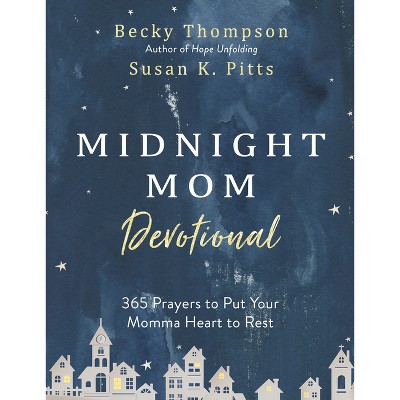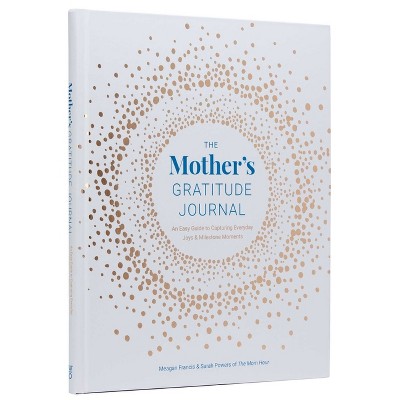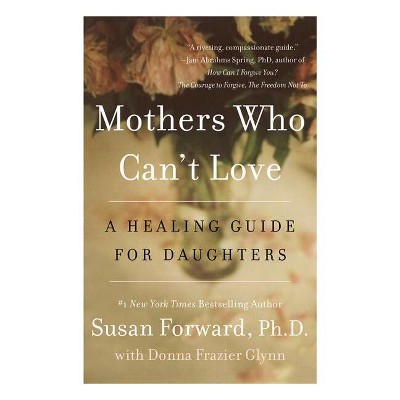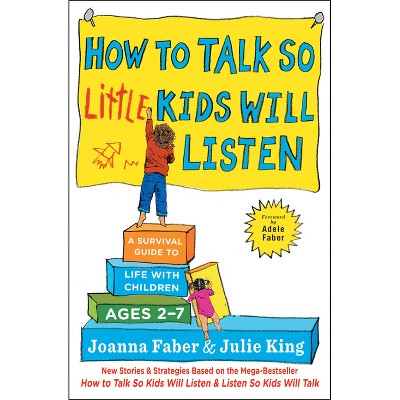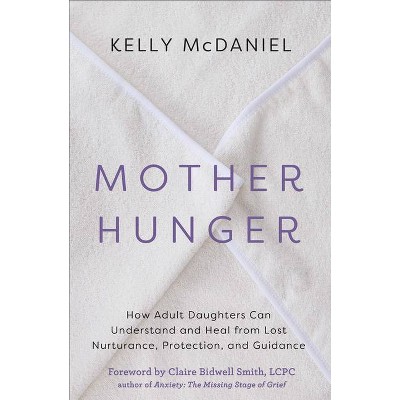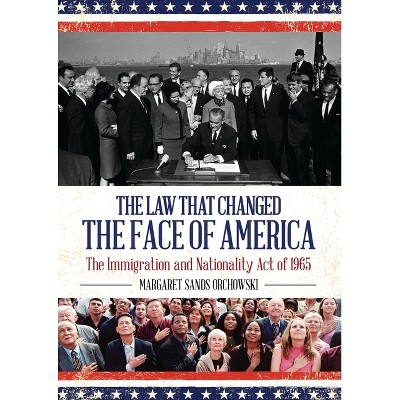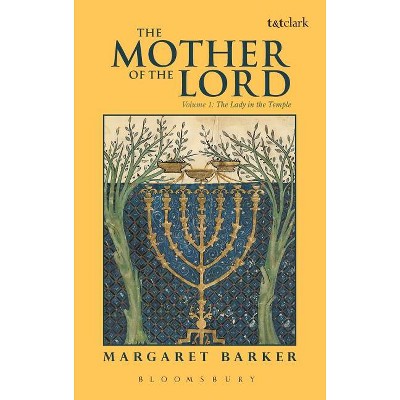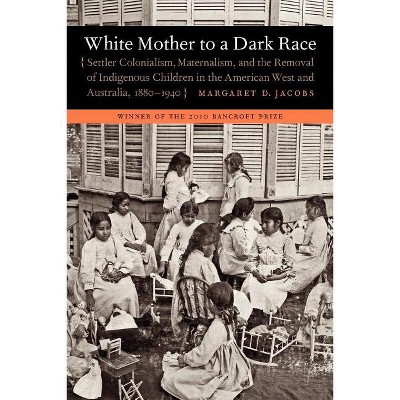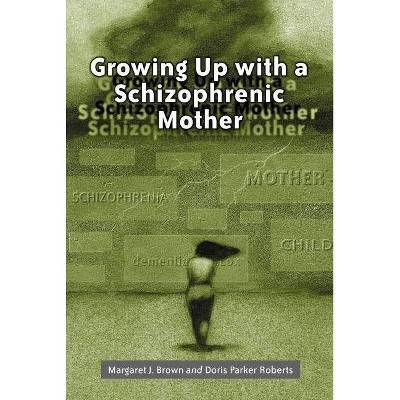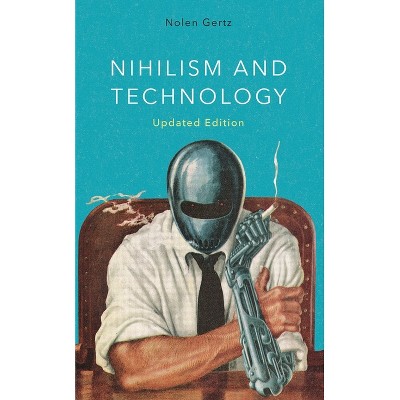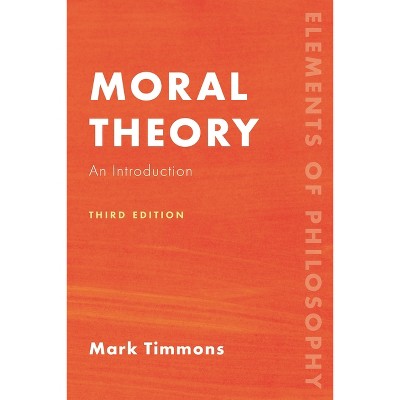$26.49 sale price when purchased online
$28.95 list price
Target Online store #3991
About this item
Highlights
- Fifteen original essays open up a novel area of inquiry: the distinctively ethical dimensions of women's experiences of and in aging.
- About the Author: Margaret Urban Walker is professor of philosophy at Fordham University.
- 301 Pages
- Philosophy, Ethics & Moral Philosophy
Description
About the Book
Fifteen original essays open up a novel area of inquiry: the distinctively ethical dimensions of women's experiences of and in aging. Contributors distinguished in the fields of feminist ethics and the ethics of aging explore assumptions, experiences, practices, and public pol...Book Synopsis
Fifteen original essays open up a novel area of inquiry: the distinctively ethical dimensions of women's experiences of and in aging. Contributors distinguished in the fields of feminist ethics and the ethics of aging explore assumptions, experiences, practices, and public policies that affect women's well-being and dignity in later life. The book brings to the study of women's aging a reflective dimension missing from the empirical work that has predominated to date. Ethical studies of aging have so far failed to emphasize gender. And feminist ethics has neglected older women, even when emphasizing other dimensions of 'difference.' Finally work on aging in all fields has focused on the elderly, while this volume sees aging as an extended process of negotiating personal and social change.Review Quotes
Mother Time is a vivid, contentious invitation to engage in rethinking widespread assumptions about aging and gender, the better to understand ethical dimensions of women's experiences of aging. All essays are insightful, engaging, and clearly written.
Feminists and philosophers alike have been slow to contribute to the literature of aging. Mother Time helps make up for lost time. The essays-variously trenchant, poignant, daring, and illuminating-spur us toward social justice and personal well-being in the lives of older women.
I am greatful to the contributors to Mother Time for focusing on a number of issues associated with aging.
Sharp critiques and fresh writing startle us into more careful thought and (I hope) more caring advocacy. . . . The gender-savvy moral philosophy of this volume joins other new work in the arts and humanities to suggest that feminist age studies is going to have a good millennium.
These essays are imaginative forays into the terrain where issues of gender and of aging intersect. Various moral problems are given illuminating and overdue attention, and in addressing them, the authors clarify deficiencies in much dominant moral theorizing.
About the Author
Margaret Urban Walker is professor of philosophy at Fordham University. She is the author of Moral Understandings: A Feminist Study in Ethics (Routledge, 1998). She lives in New York City.Dimensions (Overall): 8.7 Inches (H) x 5.56 Inches (W) x .67 Inches (D)
Weight: .77 Pounds
Suggested Age: 22 Years and Up
Number of Pages: 301
Genre: Philosophy
Sub-Genre: Ethics & Moral Philosophy
Publisher: Rowman & Littlefield Publishers
Format: Paperback
Author: Margaret Urban Walker
Language: English
Street Date: March 9, 2000
TCIN: 1004110204
UPC: 9780847692613
Item Number (DPCI): 247-21-7540
Origin: Made in the USA or Imported
Shipping details
Estimated ship dimensions: 0.67 inches length x 5.56 inches width x 8.7 inches height
Estimated ship weight: 0.77 pounds
We regret that this item cannot be shipped to PO Boxes.
This item cannot be shipped to the following locations: American Samoa (see also separate entry under AS), Guam (see also separate entry under GU), Northern Mariana Islands, Puerto Rico (see also separate entry under PR), United States Minor Outlying Islands, Virgin Islands, U.S., APO/FPO
Return details
This item can be returned to any Target store or Target.com.
This item must be returned within 90 days of the date it was purchased in store, shipped, delivered by a Shipt shopper, or made ready for pickup.
See the return policy for complete information.

